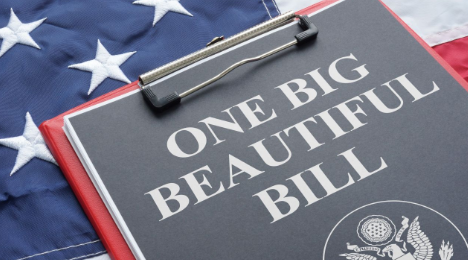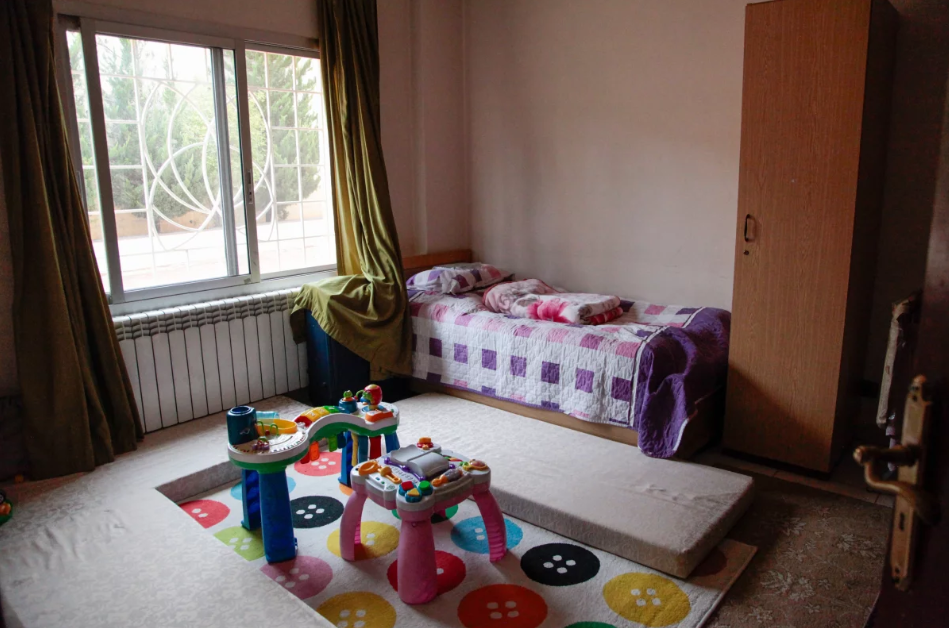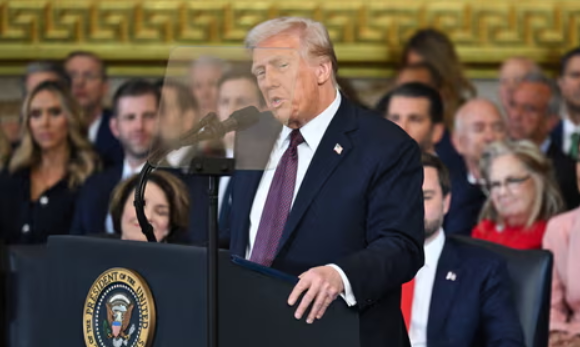The tax and domestic policy bill, known as “The One Big Beautiful Bill Act,” was passed by Republicans and signed into law by President Trump on July 4, 2025. This bill will reduce taxes by approximately $4 trillion, primarily benefiting the wealthiest Americans, but Americans across the country will feel the benefits, with the typical taxpayer saving much more and paying much less. However, paying fewer taxes does come with a few drawbacks.
Since 2017, the Small Business Tax Deduction has allowed small businesses to deduct up to 20% of their business income, but it was set to expire by the end of the year if Congress didn’t take immediate action, which would raise taxes on millions of small businesses. This bill provides permanent tax relief, allowing America’s small businesses to invest in themselves and employees. The new exemption thresholds will be set at $15 million for individual filers and $30 million for joint filers. Not only that, but the Small Business Expensing Cap was also increased from $1.25 million to $2.5 million, allowing businesses to fully expense the cost of equipment purchases in the first year.
This bill also makes spending for investment in short-lived assets and domestic research and development permanent. Immediate deductions for capital investments will remove a tax penalty for capital investments, and permanent expensing is the most cost-effective when it comes to economic growth. These new conditions boost long-run GDP by 0.7%, giving taxpayers the certainty needed to boost long-run investment.
According to the Congressional Budget Office, the bill will add at least $3.3 trillion to the national debt over the next decade. To recover some of that lost revenue, it would cut significant amounts of funding to health care programs, such as Medicaid, leaving nearly 12 million more Americans without insurance for over 10 years. According to NPR, about 86% of districts stated that Medicaid funds support salaries for school health staff such as nurses, psychologists, occupational and physical therapists, and speech-language pathologists. Medicaid is also the fourth largest source of funding for K-12 schools, supporting mental and behavioral services in school districts.
This bill will also have a massive impact on students, making education far less accessible in the United States. According to Lynn Pasquerella, who is the president of the American Association of Colleges and Universities, this bill will make colleges more expensive, while also mentioning how schools could become both less economically and racially diverse. The bill will expand the tax on donated funds that universities use for financial aid, and it will also roll back protections on student loans by putting a limit on the amount of money students can borrow for graduate programs. The old Grad PLUS program, which allowed students to borrow up to the cost of their graduate school program, will be shut down on July 1, 2026. After that, graduate students’ borrowing will be restricted to $25,500 a year with a lifetime borrowing limit of $100,000, which was previously $138,000. Parents and caregivers who use PLUS loans to help their students pay for education will have a new limit of $20,000 a year and a total of $65,000 per child.
Cites –
https://www.npr.org/2025/07/18/nx-s1-5459784/trump-school-college-student
https://www.nytimes.com/interactive/2025/06/30/upshot/senate-republican-megabill.html
https://www.nytimes.com/interactive/2025/06/30/upshot/senate-republican-megabill.html
https://www.nytimes.com/2025/07/03/us/trump-bill-education-college-student-loans.html
https://www.nytimes.com/2025/07/01/briefing/trump-policy-bill.html
https://taxfoundation.org/blog/one-big-beautiful-bill-pros-cons/#:~:text=The%20law%20further%20complicates%20the,%2D%20and%20middle%2Dincome%20households.
https://www.whitehouse.gov/articles/2025/08/across-the-country-americans-will-pay-less-in-taxes-thanks-to-president-trumps-big-beautiful-bill














